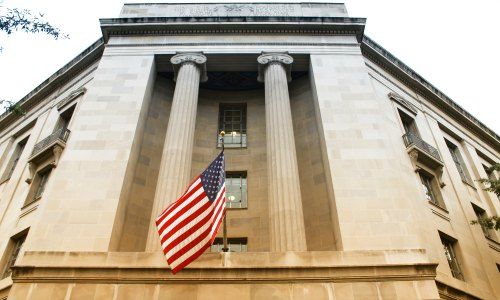One of the reasons for the length of the investigations is the sheer flood of data provided by the banks.
The program yielded about 35,000 client relations with a connection to the U.S. with assets of more than $50 billion – all of which had to be analyzed, said William Sharp, a partner at U.S. law firm Holland & Knight. The task force didn’t receive much support to do its job because of the tight budget, he added.
The flood of data came from banks that had already reached their agreements with the U.S. The program with the so-called category 2 banks ended in 2016, with 81 banks paying as much as $211 million to make amends.
Comprehensive Approach
Among the banks under investigation even before the official start to the U.S. program launched in 2013 was Credit Suisse. Switzerland’s No. 2 was imposed with a fine of $2.5 billion Swiss francs ($2.5 billion), the biggest such penalty for any of the companies affected.
The settlements included a clause requiring banks to declare all U.S. business relations. Failure to do so is costly as Lombard Odier has learned to its detriment half a year ago. The private bank from Geneva had failed to declare all accounts and was forced to pay 5.3 million francs extra.
Sound Judgement Applied
Another reason why the process is taking such a long time to bring to an end may be the U.S. authorities’ efforts to comply with Swiss data protection laws, Sharp said. This slowed down the collection of information, because it all had to pass official channels.
Pictet said on its website that it provided information and documentation in keeping with legal and regulatory requirements. Should the U.S. disagree with Pictet's point of view, this may well be a further reason for delays. However, it would appear unlikely that the DoJ will issue another fine that would force a bank to close. Wegelin & Co. in 2013 famously had to stop operating.
The recent settlements have shown that the DoJ is using sound judgement and applies established guidelines consistently, said Alfred Mettler, a professor of finance at University of Miami. The level of fines may not be foreseeable, but the way the DoJ calculates the fines is a given, he added.
- << Back
- Page 2 of 2



























